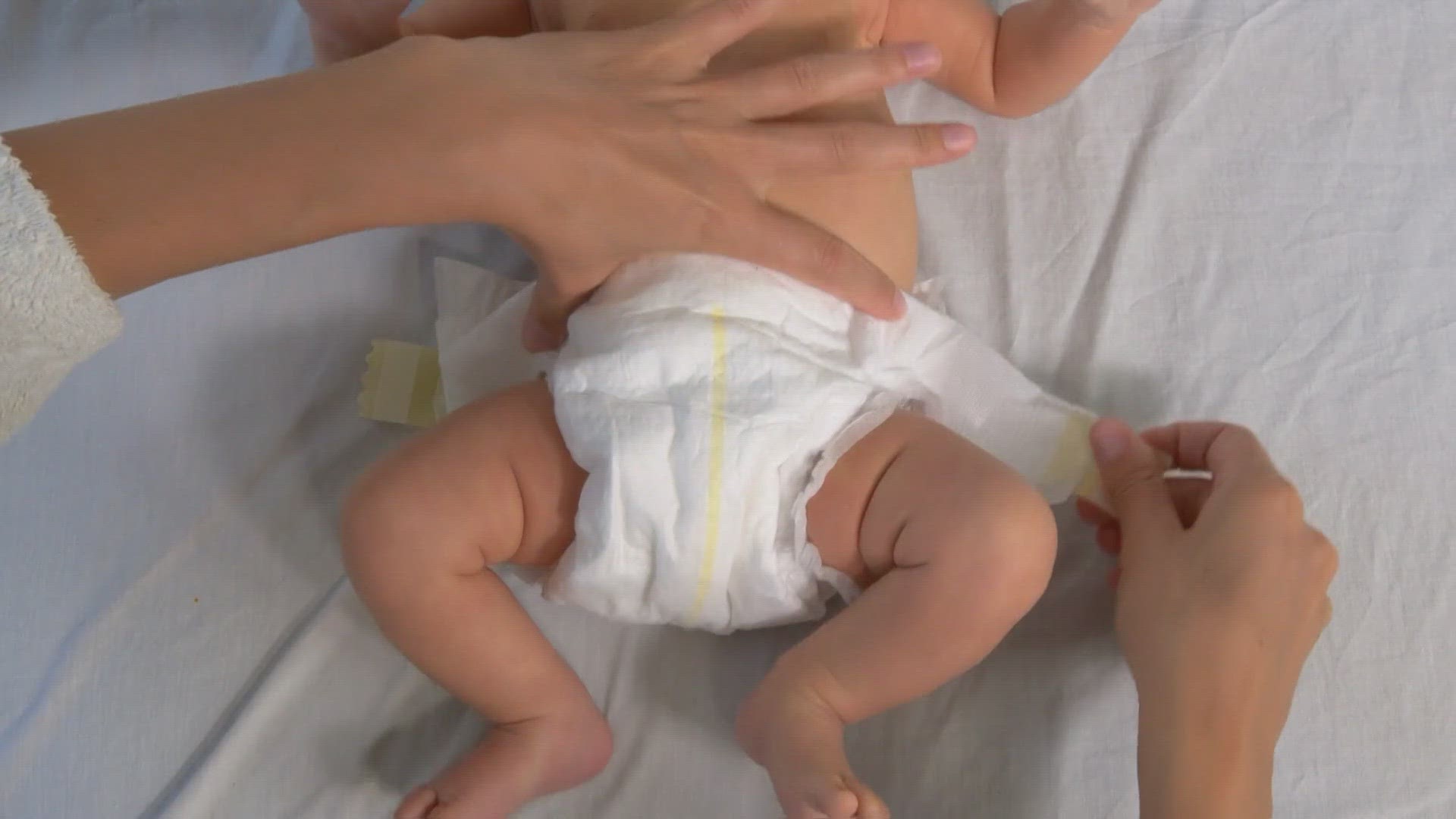SAN ANTONIO — Texas families will no longer have to pay sales tax on certain family items under a new state law that will take effect on Sept. 1.
On June 16, Governor Greg Abbott signed Senate Bill 379, which eliminates sales tax on diapers for adults and children, wipes, baby bottles, maternity clothing, breast pumps, and feminine hygiene products.
According to the Texas Tribune, Democratic lawmakers have been pushing this legislation for years, but it emerged as a bipartisan priority this session as Republicans sought to shore up support with women after the near-total banning of abortion.
The new law was applauded by the Texas Coalition of Diaper Banks. The Texas Diaper Bank, which is based in San Antonio, said removing sales tax on diapers will save families with babies anywhere between $75 to $100 annually. Adults who use diapers are expected to have a greater tax savings ranging from $150 to $300.
"For someone who is struggling and is on a fixed income, imagine being able to have that much more in your pocket to be able to purchase things like food, be able to put gas in your car, to be able to go to work or be able to pay the rent," said Jorge Medina, CEO of the Texas Diaper Bank.
The Texas Legislature also passed a measure in its biennial state budget that will provide $2.8 million for Coalition diaper banks to expand their diaper distribution to underserved areas of Texas.
"This is going to make a big difference," Medina said when talking about the influx of clients needing assistance due to rising inflation.
Ashley Hernandez, who is a mother of 3 children and diaper bank client, said the bill is good, and will help her save money to pay other expenses.
"I'm just grateful that [lawmakers] are actually thinking about us," she said.
The Texas Tribune also reported bill is expected to cost the state about $227 million in general revenue funds over the next two years.

